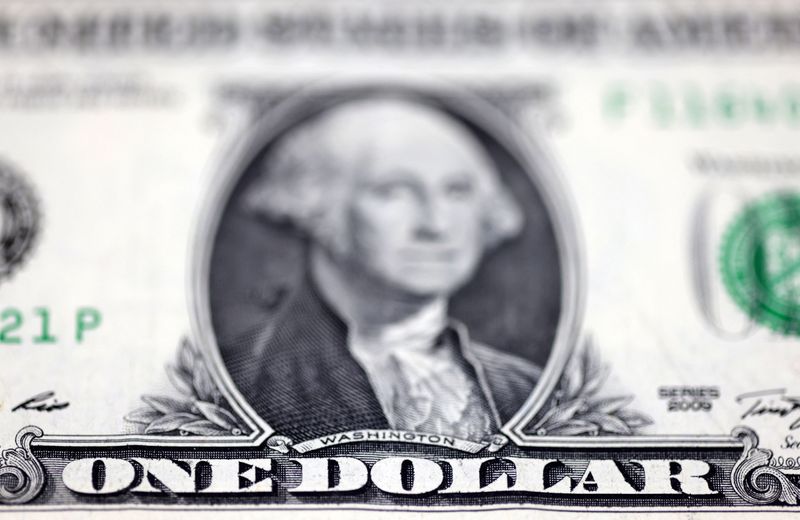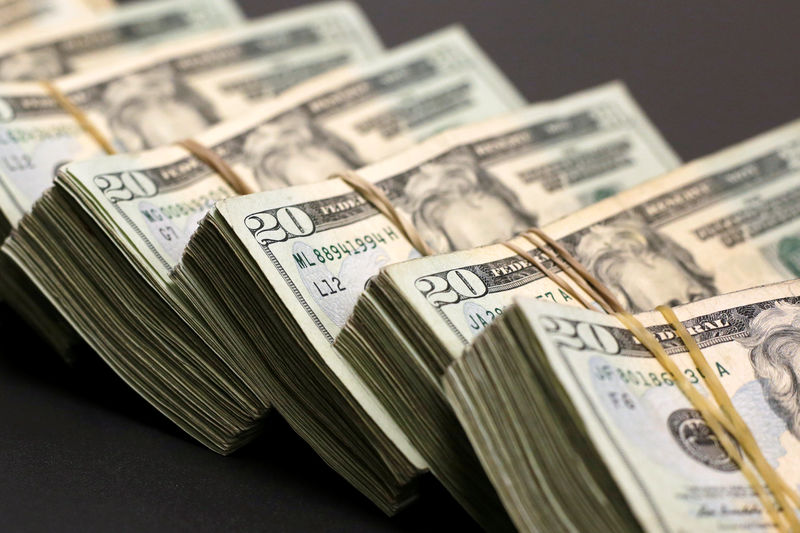Dhara Ranasinghe
LONDON (Reuters) – The U.S. dollar’s dominant reserve currency status is likely to continue in part because even the most mooted alternative is failing to mount a credible challenger, Morgan Stanley said in a report on Thursday.
Rivalry with China, Russia’s war in Ukraine, disputes in Washington over the US debt ceiling and rising debt levels in recent years have brought the dollar’s status as the world’s dominant currency under scrutiny.
In a new report on the dollar’s reserve status, Morgan Stanley said it does not expect the currency’s dominance to change soon, noting that the dollar’s influence in the global economy remains strong across a range of economic and financial indicators.
Concerns about the U.S. financial outlook and Washington’s continued use of economic sanctions may prompt some countries to seek alternatives to the dollar, but it will be a difficult task, Morgan Stanley said.
“The most talked about competitor is China, and we expect the yuan to play a somewhat more global role,” Morgan Stanley said in a note, referring to the yuan.
“But we believe China’s ‘3D challenge’ of debt, deflation and demographics will limit the yuan’s international appeal,” the note said, estimating that yuan foreign exchange reserves should rise to just 5% in 2030 from the current 2.3%. %.
Morgan Stanley said it should expect periods of dollar weakness while the upcoming US presidential election could test the dollar’s status.
According to Morgan Stanley, global foreign exchange reserves exceed $12 trillion, global trade is about $35 trillion, and cross-border bank lending exceeds $38 trillion.
“Thus, even small changes in percentage terms can lead to large nominal changes,” it added.
“We expect only a moderate and gradual decline in international use of the US dollar, given increasing multipolarity and continued low diversification costs for reserve managers,” the note said.
In terms of price impact, “a real loss of US dollar dominance would lead to higher rates and a weaker currency,” it said.
Morgan Stanley also sees the dollar strengthening in the short term.

Persistent U.S. inflation and a resilient economy, which have prompted markets to lower expectations of rate cuts, along with rising tensions in the Middle East, have strengthened the dollar recently.
This week the dollar hit a 34-year high against the yen and a five-month high against the euro.


